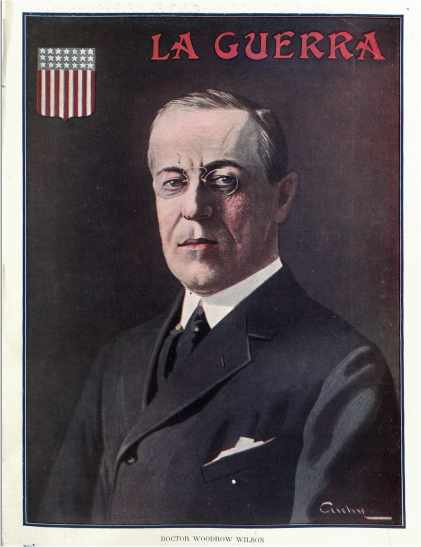Jones-Shafroth Act grants US citizenship to Puerto Ricans

After the United States acquired Puerto Rico in 1898, it was initially classified as a nonincorporated territory. Those who lived in such territories were given the term “US nationals,” and they enjoyed some, but not all, of the rights of a citizen, causing discontentment. This changed when Woodrow Wilson signed the Jones-Shafroth Act in 1917, granting US citizenship to Puerto Ricans born after 1898, and giving the territory a Bill of Rights heavily based on the American equivalent. Furthermore, it introduced a locally elected Senate and House of Representatives [Library of Congress, 2011]. This did not, however, entirely annul the Foraker Act, and the US Congress reserved the right to annul or amend bills passed by the legislature. Furthermore, the Act was passed in part as a means of being able to draft Puerto Ricans into the army during WW1, making some islanders question US motivations for doing so.